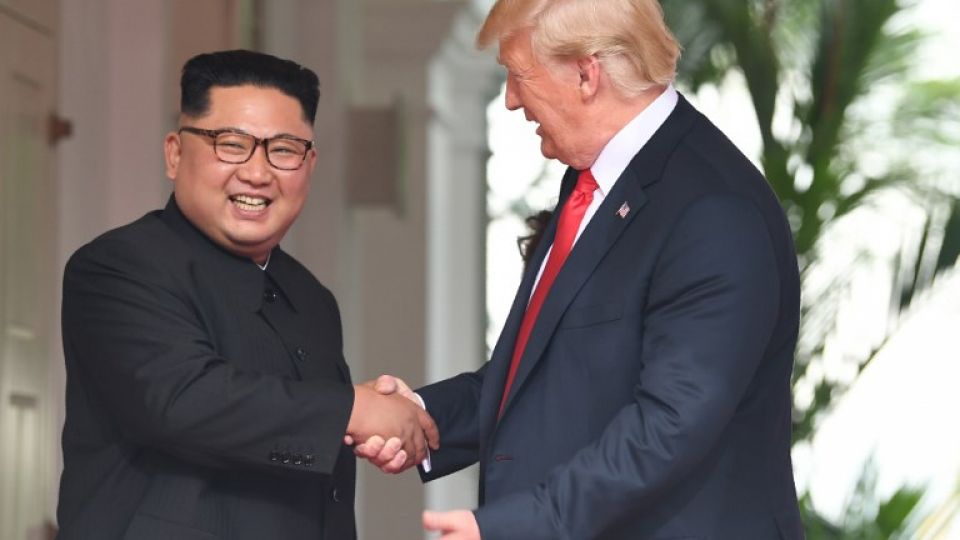June 12, 2018
A look at Asian editorials ahead of the Trump-Kim meeting from our partner papers.
Ahead of the Trump-Kim summit, editorials from our various ANN partners have expressed a plethora of differing opinions. Here is a roundup of a few:
China Daily
China Daily said that Tuesday’s summit may mark a new beginning for the region and highlighted China’s contribution to the summit.
China has undoubtedly contributed much to materializing the meeting. It has long called for such direct talks, and it has worked hard as an intermediary to materialize them. It sincerely hopes that Kim and Trump will be able to make breakthroughs when they meet so that the two countries can begin taking steps toward the signing of a belated peace treaty to bring a formal end to the Korean War.
The Yomiuri Shimbun
Japan’s largest table expressed hope but also caution, urging Japan and the United States to work closely together to push North Korea’s denuclearization.
At the press conference, Abe expressed his strong willingness to realize talks with Kim. He added, “We are prepared to settle the unfortunate past, normalize diplomatic relations and provide economic cooperation.”
If the issues of nuclear and missile development and the abductions are not resolved comprehensively, the normalization of diplomatic ties between Japan and North Korea will not be realized. While adhering to this principle, the government must carefully proceed with negotiations with Pyongyang.
The Straits Times
An analysis piece in the Straits Times also highlighted Japan’s concern with the Kim-Trump summit.
The summit talks on Tuesday (June 12) between US President Donald Trump and North Korean leader Kim Jong Un will have an extensive impact on how Japan assesses and recalibrates its national security policy, going far beyond the strategic environment in and around the Korean peninsula.
Japan is deeply concerned because recent rapid developments leading up to the summit have left Tokyo sidelined from the process despite its high stakes in the outcome of the summit.
Japan has been one of the members of the Six-Party Talks for North Korean nuclear weapon issues. However, while all the other four member states – South Korea, the US, China and Russia – have had or are scheduled to have direct summit talks with North Korea, only Japan has been excluded from this de facto series of bilateral talks with Mr Kim.
The Korea Herald
South Korea’s largest English language daily expressed optimism that the meeting was taking place but argued it should not lead to a US forces drawdown.
If Trump and Kim make the declaration in Singapore or agree to do so shortly — perhaps along with South Korean President Moon Jae-in — it could become the first step for a US security guarantee to the North, which should eventually include the replacement of the armistice agreement with a peace treaty and signing of a nonaggression pact.
If the US and North Korea follow these steps one by one, the presence of US troops in South Korea may well come up naturally.
South Korea should also be ready for such discussions in the future, but a declaration of the end of the Korean War itself — a symbolic event at best — should not be an occasion to discuss or make a decision that could affect the status of the US forces in South Korea.
Fortunately, the US military is cautious about any premature talk of reducing or withdrawing American troops. Defense Secretary James Mattis is most vocal on the matter.


